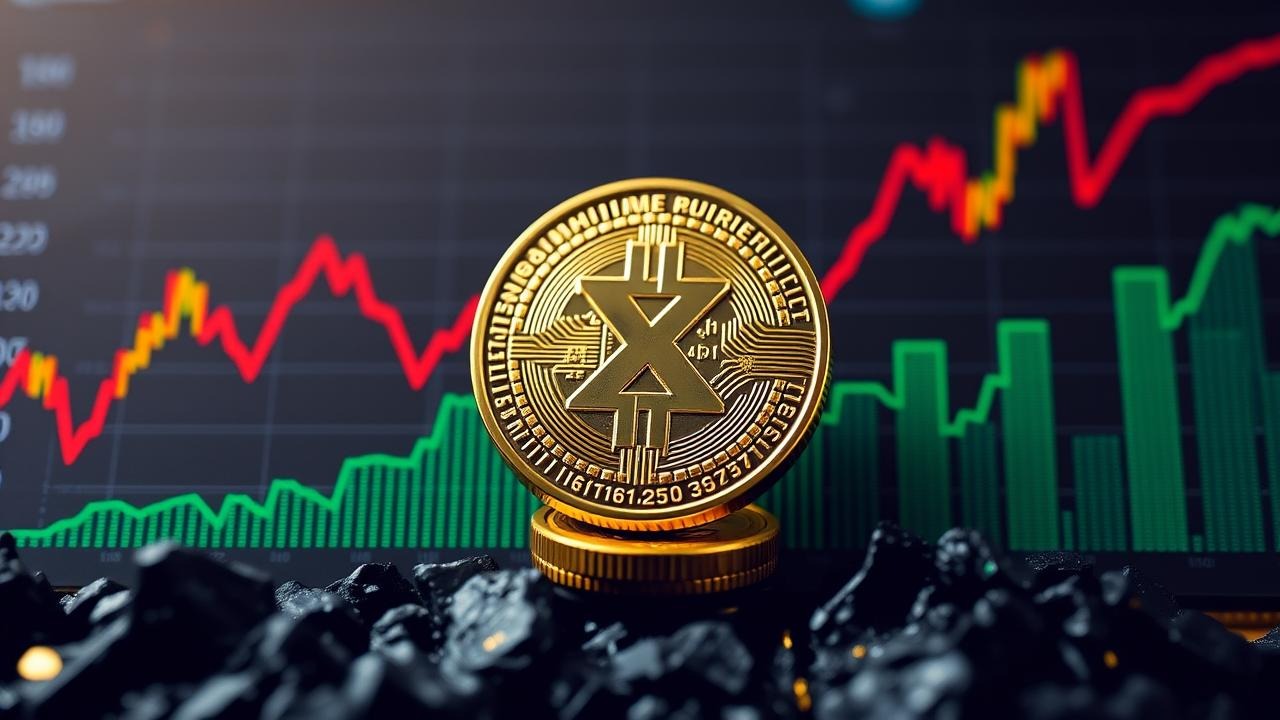In the wild world of crypto, staying ahead requires not just market knowledge but adaptability. Once the golden era for centralized exchanges (CEXs), the industry has seen major upheaval—none more dramatic than the collapse of FTX. With regulators tightening the screws and decentralized finance (DeFi) on the rise, crypto trading is at a crossroads.
The Rise of Decentralized Exchanges (DEXs): A Trust Shift
Decentralized exchanges (DEXs) are the answer to growing concerns about centralized platforms. Unlike traditional CEXs, DEXs run on blockchain tech so users can trade directly from their wallets without intermediaries. Here’s why:
- Security Over Convenience: DEXs reduce risks of centralised fund custody, less susceptible to big hacks and financial mismanagement.
- Transparency Matters: Every transaction is on-chain, users have total visibility into trades and liquidity pools.
- User Control: With private keys in their own hands, traders don’t have to worry about an exchange misusing their assets.
But DEXs aren’t without drawbacks. Lower liquidity, complex interfaces and slower speeds than CEXs are still challenges. Industry insiders now believe DEXs will continue to grow but not replace CEXs entirely but coexist with them in a hybrid model.
Regulatory Crackdowns: The End of the Wild West?
Crypto regulation has been a hot topic for years but recent events—especially FTX’s collapse—have forced authorities worldwide to act. The industry is seeing big changes:
- Unified Global Standards: Regulatory bodies are pushing for harmonised crypto laws to prevent cross border financial crimes and investor protection.
- Consumer Protection First: Stricter Know Your Customer (KYC) and Anti-Money Laundering (AML) protocols are being implemented across major exchanges.
- Innovation vs Regulation: While regulations bring stability, over regulation could stifle new developments. A balance is key.
Read also
Stablecoins: A Cornerstone or a House of Cards?
Stablecoins, cryptocurrencies pegged to traditional assets like the US dollar, are essential in the digital economy. But they’re under increasing scrutiny:* Liquidity Backbone: Many DeFi applications use stablecoins as the medium of exchange.
- Regulatory Crosshairs: Governments are questioning the legitimacy and reserve backing of various stablecoin issuers so more oversight.
- Diversification is Key: With multiple stablecoins out there, users must assess the underlying assets and governance to ensure stability.
Market Analysis: Is Crypto Volatility Here to Stay?
Crypto markets are still volatile but many believe as the industry matures, price swings will stabilise. Here are some reasons why:
- Institutional Adoption: More hedge funds and financial institutions are entering crypto, injecting long term capital and reducing speculative trading.
- Mainstream Utility: More businesses are accepting crypto payments, real world use cases will drive steady demand.
- Tech Upgrades: Ethereum’s move to Proof of Stake (Ethereum 2.0) and the rise of Layer-2 solutions will improve transaction speeds and scalability.
The FTX Fallout: A Wake-Up Call for Exchanges
FTX’s collapse was a turning point in crypto history, exposing flaws in centralized exchange management. Once valued at over $32bn, the platform failed due to financial mismanagement, misuse of customer funds and lack of transparency. Former CEO Sam Bankman-Fried, once a visionary, is now serving 25 years in prison after being convicted of fraud.
This has changed how traders look at exchanges:
- Trust But Verify: Users are demanding proof-of-reserves from centralized platforms to ensure their funds are actually backed.
- Regulatory Fallout: Many jurisdictions are fast tracking new laws to prevent similar collapses.
- A Move Toward Self-Custody: More traders are opting for hardware wallets and decentralized finance options rather than leaving assets on exchanges.
Surviving the Bear Market: Lessons from the Past
Crypto winters are nothing new. Investors who navigate them successfully tend to follow these principles:
- Diversification is Crucial: Don’t concentrate funds in one project or asset.
- Long Term Perspective: Those who weather the downturn often emerge stronger in the next bull cycle.
- Look for Undervalued Opportunities: Bear markets often present chances to invest in promising projects at lower prices.
The Future of Crypto Exchanges: What’s Next?
FTX’s collapse has hastened industry wide changes with exchanges now focusing on regulatory compliance, security and user education. Looking ahead:
- More Transparent CEXs: Exchanges are adopting new standards to rebuild trust, real time audits and better reserve management.
- DEX-CEX Hybrid Models: Platforms may combine elements of both, offering users the flexibility of decentralized trading with the efficiency of centralized systems.
- Education is Key: Traders are becoming more aware of the risks, making better investment decisions.
Navigating the New Crypto Landscape
Crypto is an exciting and fast paced industry but the rules of the game have changed. Trust, security and regulation will shape the future of exchanges. While past insights from Sam Bankman-Fried used to move market trends, his fall from grace is a harsh reminder that transparency and governance are crucial for the industry’s growth.
Traders who stay informed, adapt and prioritise security will be the most successful in this new landscape.




 Tokenomics for Gaming Ecosystems: The Basics
Tokenomics for Gaming Ecosystems: The Basics
 Brian Armstrong Coinbase Interview: Key Insights & Takeaways
Brian Armstrong Coinbase Interview: Key Insights & Takeaways
 Robert Breedlove Economy and Philosophy of Bitcoin
Robert Breedlove Economy and Philosophy of Bitcoin



joanmore
50d